Lotto Soudal on the emotions of Fighting for Stig
Team manager Marc Sergeant on dealing with a disastrous accident
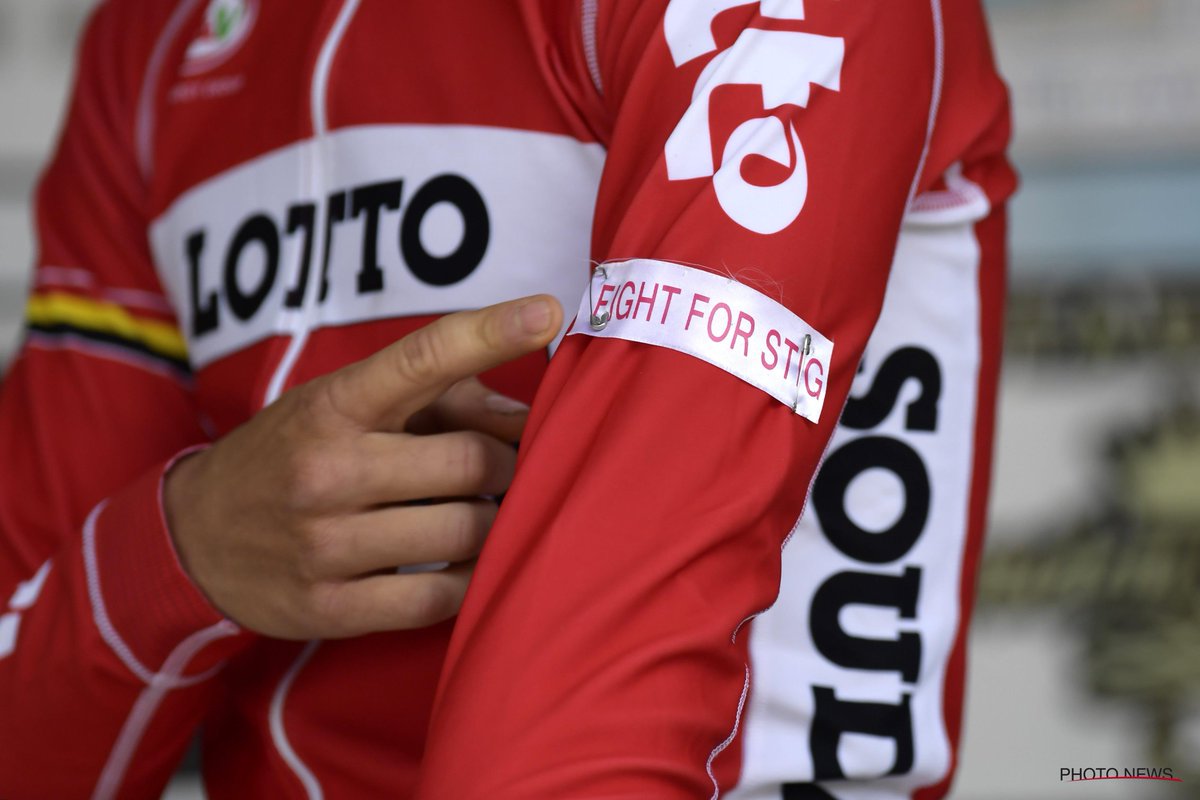
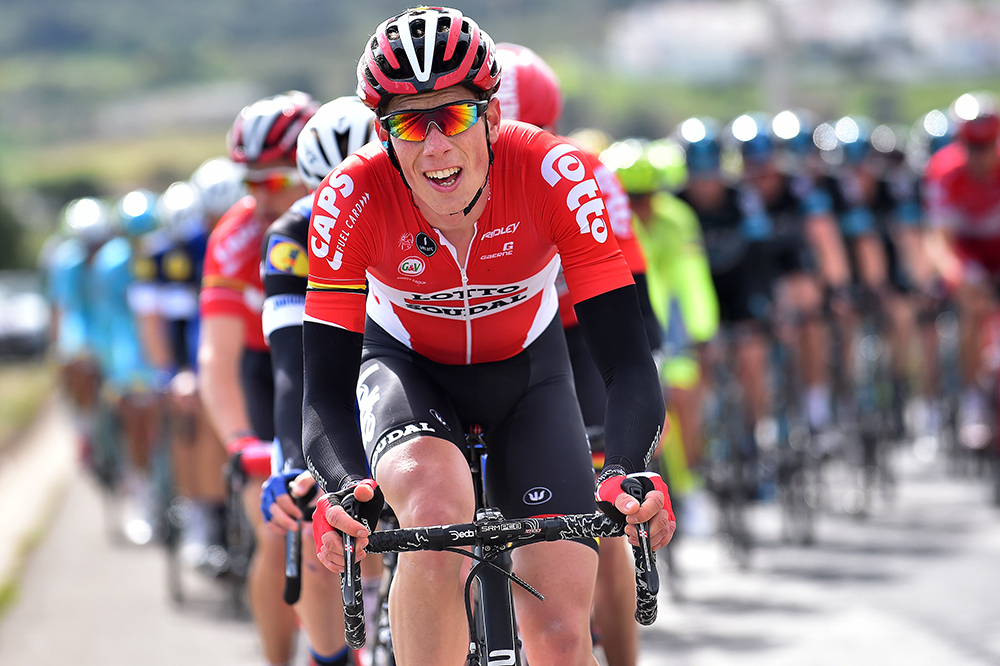
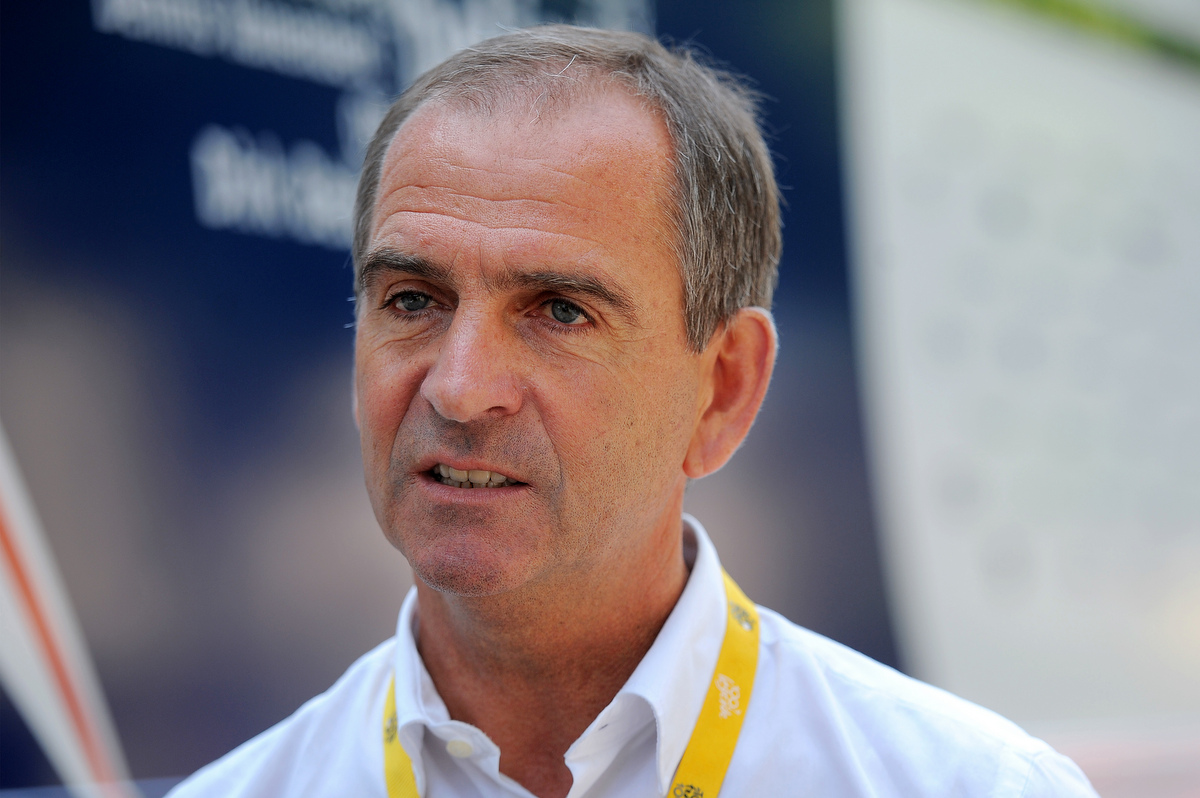
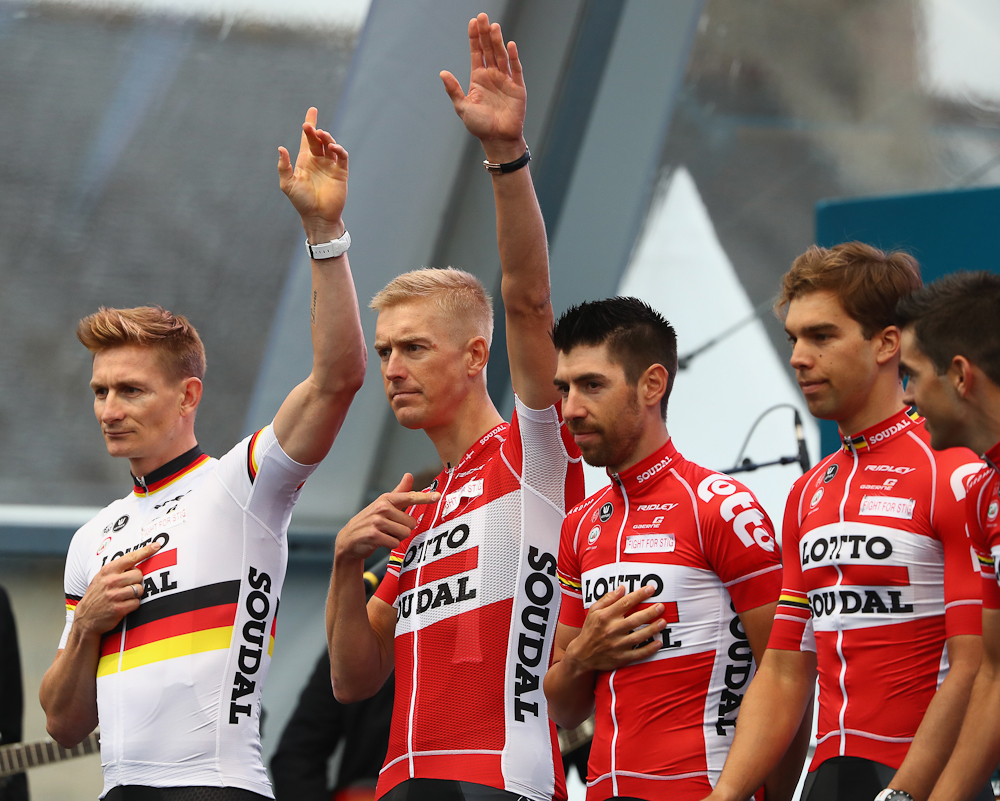
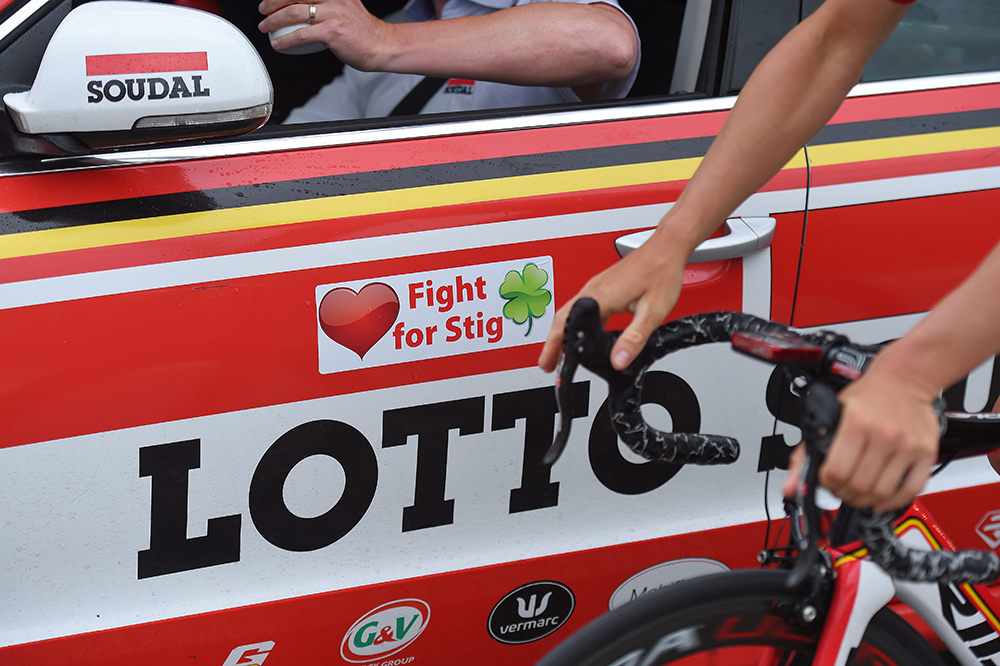
2016 was a season of highs and lows for the Lotto Soudal team, their reduced victory tally compared to 2015 was mitigated by an impressive haul of five Grand Tour stage wins, but it was a year in which sporting concerns were pushed to the backs of everyone’s minds.
In what Marc Sergeant acknowledges was the toughest challenge of his career as a manager, the team had to deal with the devastating injury to Stig Broeckx, who suffered sever brain damage when he was hit by a motorbike at the Baloise Belgium Tour in May.
Broeckx was induced into a coma before undergoing operations and there was no cause for optimism when it was revealed in June that he was in a vegetative state, though he has since defied expectations by waking from the coma.
“The impact was tremendous,” says Sergeant, looking back on the ordeal as he sat down with Cyclingnews and Radpsort at Lotto Soudal’s winter training camp on Mallorca, just a couple of days after the good news.
“If you see it in another team, it’s like ‘ok it must be a shock for everyone’, and you think about it, but it’s not in your team. If you have it in your team, you have to deal with it and find solutions. That was difficult.”
The first step was to bring in a trauma specialist to advice the management on how to handle the situation.
“If a school bus crashes, and 10 children die but 20 others survive, you have to do something with those 20 to get them over the whole accident. That’s what we did with the riders," explained Sergeant.
Get The Leadout Newsletter
The latest race content, interviews, features, reviews and expert buying guides, direct to your inbox!
“You can say ‘stop, we don’t ride anymore’, like we did at the Tour of Belgium – it was obvious they weren’t ready for that mentally. But the trauma specialist said you definitely cannot stop for a week or two weeks, because then they’re going to be consumed by their thoughts. You have to keep them focused, give them a way through it.”
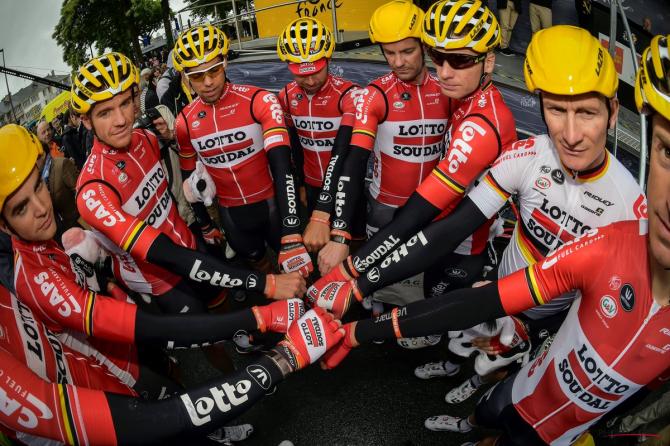
The trauma specialist also told Sergeant he must be completely honest with the riders and never be tempted to shield them from the truth of the situation, no matter how brutal.
Shortly after the crash, some of the riders lined up at a kermesse race in Gullegem, Belgium, where Sergeant had to relay the news that Broeckx was in the coma following an operation.
“I said ‘I don’t ask you to race to win this one, but the worst thing that could happen is if three or four of you are in this bus within an hour. You have to concentrate on the race, don’t think too much’. All eight of them finished, and Tosh was third. That moment was important, to get them over it.”
A Whatsapp group chat was created to share news but such was the flurry of notifications, they had to urge riders to stop asking for updates and constantly dwelling on it. One month after Gullegem, Sergeant was back on the team bus, this time at the Belgian national championships, delivering even more devastating news – that Broeckx was in a vegetative state and that doctors couldn’t say if he would ever regain consciousness.
“In the beginning we had some hope – that maybe he’d recover and be racing again by the end of the year – but after a few weeks it was the worst news we could have had: he was going to be handicapped for his whole life,” says Sergeant.
“Some of the guys were crying. Others, you could see, were down, down, down. Then we told the staff. Also there, big guys cried. Some older guys, soigneurs saying ‘that guy was like a son to me’. It was a big loss for everybody.”
'What is good news?'
Wristbands, labels, and car stickers bearing the words ‘Fight for Stig’ were ordered, and victories that followed – including stage wins at the Tour de France courtesy of Thomas De Gendt and Andre Greipel – were dedicated to the 26-year-old.
Broeckx then started to show signs of improvement, with doctors revealing in September that he was in a minimally conscious state, and then in December that he was out of the coma altogether. Brain activity exams showed progress that was ‘already much more than anyone could have imagined a while back’, as he began to respond to stimuli.
His family talked to him constantly, about mundane things such as the weather, while Sergeant and other riders and staff were encouraged to visit in the hope of triggering his memory with recognisable voices.
“The first time I went there, his eyes were open but there was no reaction,” says Sergeant.
“The second time I saw some improvements, for sure. You could see his eyes were wide open, and he was looking into your eyes, but couldn’t’ say anything. His dad started asking some questions: ‘you see who we brought to see you? It’s your boss’.
"Then you saw him looking clearly – he recognised me. I spoke to him, and said I will tell the good news, and his girlfriend then said: ‘good news – can you show him what that is? He took a while but he put his thumb up."
The specialists at the rehabilitation centre in Overpelt have, understandably, been cautious in predicting how far Broeckx can go in his recovery and, despite the news seeming so positive in light of the initial prognosis, Sergeant is keen that his team members don’t lose their sense of perspective.
“From the beginning, I warned them: what is good news? If you’re lying in bed and you don’t move, your first movement is good news, but it’s only movement. At the start of the camp, I said, there is some improvement but let’s be realistic, he will never be a rider again."
“One thing is for sure: we will never forget him.”
Click here to subscribe to the Cyclingnews podcast.
Patrick is a freelance sports writer and editor. He’s an NCTJ-accredited journalist with a bachelor’s degree in modern languages (French and Spanish). Patrick worked full-time at Cyclingnews for eight years between 2015 and 2023, latterly as Deputy Editor.
